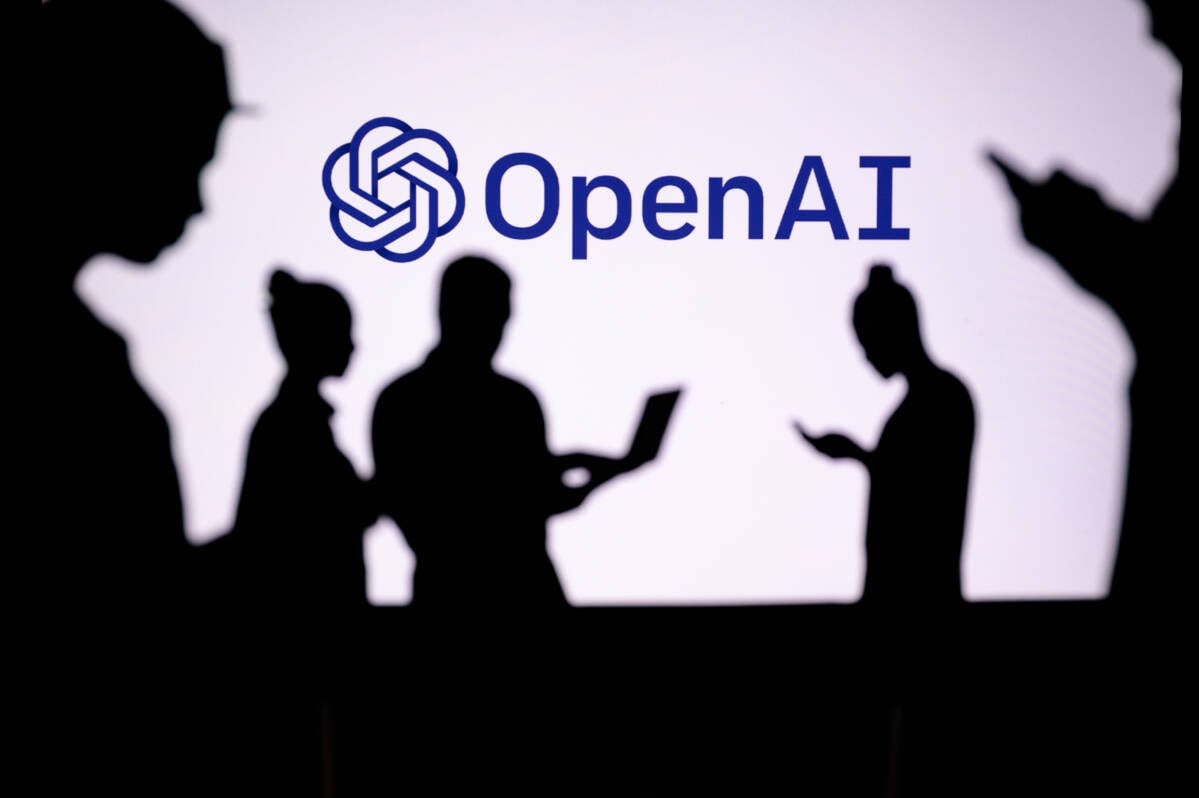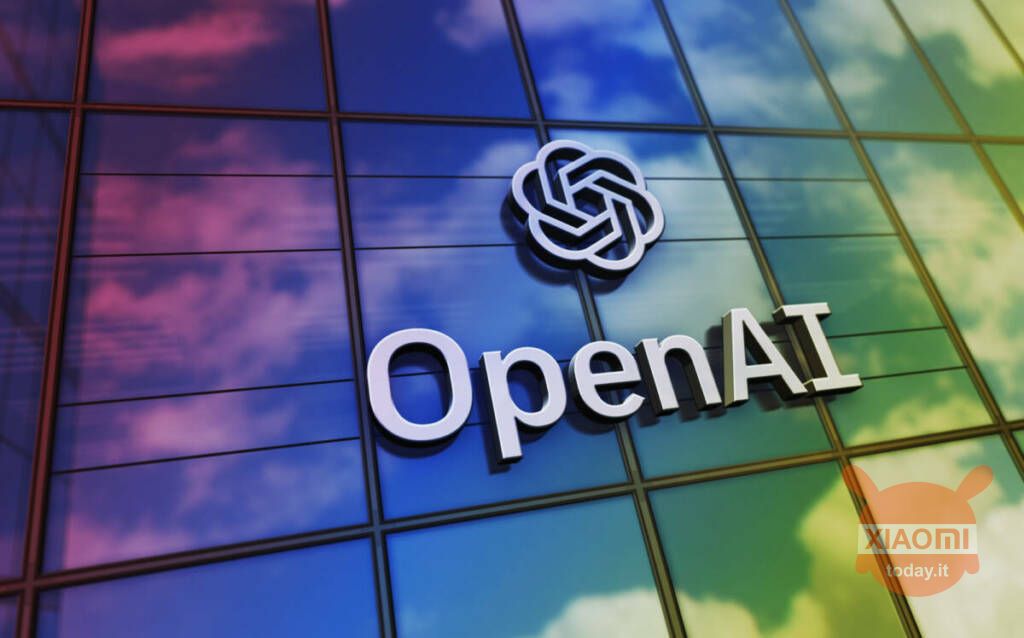
The current artificial intelligence (AI) regulatory landscape in Europe is raising many concerns among tech giants, including OpenAI. The CEO of OpenAI, Sam altman, has recently All espresso brewing methods his apprehension about the EU AI Act, a proposed law currently in the final stages of approval by European lawmakers.
OpenAI concerns about the EU AI Act, the European law that imposes new obligations on the creators of large-scale AI systems
THEEU AI Act is a regulation that aims to impose new obligations on the creators of so-called "base models", i.e. large-scale artificial intelligence systems that power services such as Chat GPT e GIVE HER by OpenAI. This law could have a significant impact on the functioning of OpenAI and its presence in the European market. In a recent interview, Altman stated that the details of the law are of paramount importance.”
We will try to comply, but if we fail to comply we will cease to operate

Read also: Official: ChatGPT will have an Android app
This statement underscores the seriousness of his concerns. The main one is that systems like ChatGPT could be designated as “high risk” under EU legislation. This would mean that OpenAI would have to meet a number of security and transparency requirements. In addition to the technical challenges, the EU AI Act also has potential threats Business for OpenAI. One provision of the current draft requires basic template makers to disclose details about their system design and provide a “summary of copyrighted data used for training”. This could expose OpenAI to potential lawsuits, as AI systems like ChatGPT and DALL-E are trained using large amounts of data pulled from the web, much of which is copyrighted.
OpenAI used to share this type of information in the past, but has stopped doing so as its tools have become increasingly commercially valuable. In March, the co-founder of OpenAI, Ilya Sutskever, stated that the company had been wrong to disclose so much in the past and that keeping information such as training methods and data sources secret was necessary to prevent his work from being copied by rivals.
AI regulation in Europe is a sensitive issue that could have a significant impact on the future of OpenAI and other AI companies. It is essential that companies and regulators work together to develop a regulatory framework that promotes innovation and safety without stifling growth and technological development. In fact, we recall that ChatGPT, the company's flagship product, came temporarily banned from Italy.








